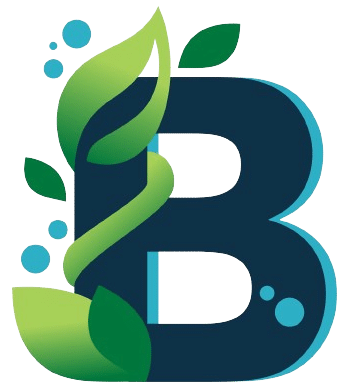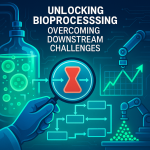🔬 It focuses on process intensification and optimizing chromatographic performance. Improved protein A resins boost efficiency by enabling more cycles per hour.
🧬 Additional insights on addressing host cell protein challenges in monoclonal antibody production are provided, ensuring product quality and safety.
💼 The role of CDMOs in adopting innovative technologies is also discussed.
Introduction:
This article discusses the advancements in downstream chromatography, particularly focusing on strategies designed to reduce costs and improve efficiency in the biopharmaceutical industry. By exploring innovative technologies and methodologies, it underscores the sector’s ongoing evolution and the importance of optimizing chromatographic processes.
- The importance of process intensification in enhancing the cost-effectiveness and efficiency of protein A resins used in bioprocessing.
- Strategies for optimizing chromatographic performance, specifically how packed bed height affects efficiency and quality.
- Challenges posed by host cell proteins (HCP) in the production of monoclonal antibodies and potential solutions to mitigate these issues.
- The role of novel protein A-based agarose resins in improving purification processes under mild conditions.
- Broader industry trends including the influence of Contract Development and Manufacturing Organizations (CDMOs) in adopting innovative bioprocessing technologies.
Conclusion:
The analyzed eBook provides significant insights into key strategies that can be employed to optimize downstream chromatography, minimizing costs while maximizing efficiency. It highlights the critical nature of addressing HCP challenges and the industry’s need for innovative technologies. The future of downstream chromatography appears promising, with ongoing developments likely to streamline biopharmaceutical production even further.



